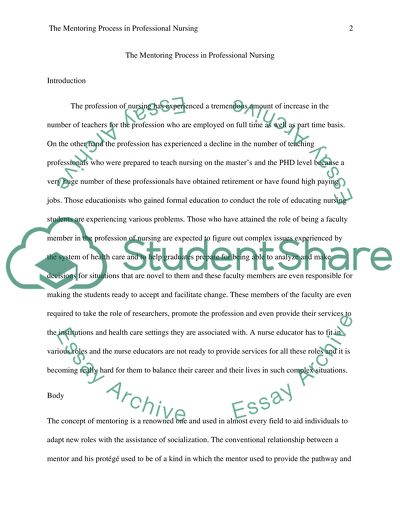Cite this document
(“The Mentoring Process in Professional Nursing Research Paper”, n.d.)
The Mentoring Process in Professional Nursing Research Paper. Retrieved from https://studentshare.org/nursing/1460169-the-mentoring-process-in-professional-nursing
The Mentoring Process in Professional Nursing Research Paper. Retrieved from https://studentshare.org/nursing/1460169-the-mentoring-process-in-professional-nursing
(The Mentoring Process in Professional Nursing Research Paper)
The Mentoring Process in Professional Nursing Research Paper. https://studentshare.org/nursing/1460169-the-mentoring-process-in-professional-nursing.
The Mentoring Process in Professional Nursing Research Paper. https://studentshare.org/nursing/1460169-the-mentoring-process-in-professional-nursing.
“The Mentoring Process in Professional Nursing Research Paper”, n.d. https://studentshare.org/nursing/1460169-the-mentoring-process-in-professional-nursing.


